Veteran readers in this space will know that one of my favorite books is Henry Hazlitt’s Economics in One Lesson. See my post from 2013 entitled What We Don’t See is Killing Us for a reminder. And I will again quote several sentences from Chapter 15 which capture Hazlitt’s special insight, and which all policy makers should memorize:
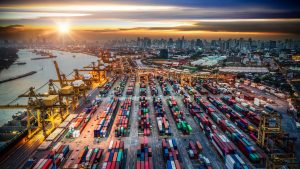
There is probably no policy more worthy of this examination than that of a tariff. Happily, Professor Hazlitt devotes all ten pages of Chapter 11 to demolishing the supposed benefits of a tariff.
Let’s start with what we assume will be the primary positive consequences of a tariff on a particular product, like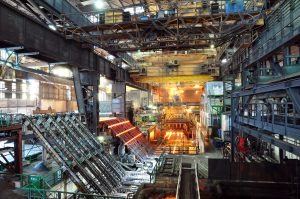
But Hazlitt’s insight is that there are always follow-on results; they are not optional. These secondary consequences usually impact everyone, not just, in this example, the steel industry. So, following Hazlitt, let’s start a list of what those secondary consequences may be for this tariff, and I urge you to add others that I haven’t thought of by comments to this post.
- Everything that uses steel in its production in the U.S. will cost more, so demand for those goods—thousands of them—will be less, jeopardizing jobs in all those industries. Many more families depend on jobs in industries that use steel than in the steel industry itself. But it’s hard to take a video of a new car not being produced because at its new higher price, no one bought it. So the impact on those other jobs goes largely unrecorded; there are many small but real “feel bad” moments for other workers that we don’t see on the news.
- Everyone who buys the same products made with U.S. steel at the higher prices has less money left
over to buy other products and services. So every other industry in the nation is potentially impacted negatively by the tariff on foreign steel, even though steel has little or nothing to do with that industry: restaurants, hair salons, travel, vacations—we will all have less of what we want if we buy steel-made products at their higher prices. But again, hard to show on the news.
- Because of these offsets in other industries, while the steelworkers may benefit, there is no net increase in U.S. employment or wages. In fact, the tariff reduces the overall American level of wages. Why? Because “as a result of the artificial barrier erected against foreign goods, American labor, capital and land are deflected from what they can do more effectively to what they do less effectively. Therefore, as a result of the tariff wall, the average productivity of American labor and capital is reduced.” (Page 64) “What other result could we expect from a policy of deliberately using our resources of capital and manpower in less efficient ways than we know how to use them?” (Page 65)
- Because, all things being equal, we will buy less from abroad, we will demand less foreign exchange,
supplying less dollars to trade, thereby driving up the price of the dollar and harming our most cost-advantageous industries, our exporters, which will sell less abroad. “Its net effect, therefore, is to reduce American efficiency, as well as to reduce efficiency in the countries with which we otherwise would have traded more largely.” (Page 66)
Note that the above negative impacts all happen simply as the result of our own tariff, even before other nations or companies respond in any way against us.
- The classic response of other nations will be to impose their own tariffs on products made in the U.S., further reducing demand for the goods that we make most efficiently—our exports. Clearly this will reduce production, employment, and wages in those industries, and in the communities that rely on those industries as their economic base for additional jobs.
- Companies that use steel to manufacture their products will locate in countries with a lower cost of steel, reducing employment in the U.S.
- Countries that produce a lot of steel will encourage companies to start or to expand their manufacture of products with that steel which will not be subject to the new tariff on raw steel. If we retaliate by forcing importers and manufacturers to certify the country of origin for the steel in their products, it will create the kind of regulatory bureaucracy like the ridiculous Conflict Minerals reporting of the Obama era, adding to inefficiency and potential corruption.
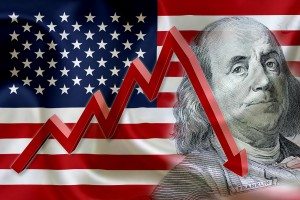
As a further testimony to the negative impact of tariffs, it’s difficult to get economists with different ideological backgrounds to agree on much of anything. Tariffs may be the one area in which all economists agree, from both theory and proven historical facts, that tariffs harm us.
Please add your own additional impacts of a tariff, good or bad, using the Comment section below.
There are two caveats which could argue in favor of a tariff:
- National security. If it is indeed true that the production of steel and aluminum are vital to our national security, which does seem plausible, particularly for certain grades and types, then those industries should be protected. But economic theory would argue it is better and less costly and disruptive to directly subsidize those specific plants to keep them functioning than to impose general tariffs on whole industries, thereby creating the losses and distortions described above.
- Change behavior. Used as a surgical tool, rather than as a broad sledgehammer, a tariff imposed on a single nation may be effective in causing that nation to reduce its own protectionist policies, increasing trade and efficiency for all. But even in that narrowly targeted case we have to realize that any tariff we impose will still have the negative impacts on our own nation described above.
I hope that our President will take a few minutes to read and take to heart Chapter 11 of Hazlitt’s primer on economics. Maybe if several of us sent him copies, he could also pass them around to his advisers. If you felt so led, you could order the book on amazon and have it mailed to:
The White House
1600 Pennsylvania Avenue NW
Washington, DC 20500
Wouldn’t it be a small hoot if we could actually increase the benefits of free trade for American companies, workers and consumers by delivering lots of copies of this short book to those who make our policies?

 over to buy other products and services. So every other industry in the nation is potentially impacted negatively by the tariff on foreign steel, even though steel has little or nothing to do with that industry: restaurants, hair salons, travel, vacations—we will all have less of what we want if we buy steel-made products at their higher prices. But again, hard to show on the news.
over to buy other products and services. So every other industry in the nation is potentially impacted negatively by the tariff on foreign steel, even though steel has little or nothing to do with that industry: restaurants, hair salons, travel, vacations—we will all have less of what we want if we buy steel-made products at their higher prices. But again, hard to show on the news.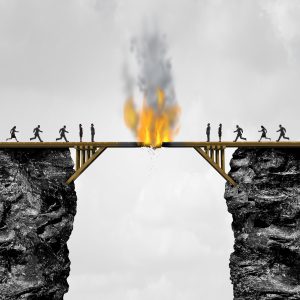 supplying less dollars to trade, thereby driving up the price of the dollar and harming our most cost-advantageous industries, our exporters, which will sell less abroad. “Its net effect, therefore, is to reduce American efficiency, as well as to reduce efficiency in the countries with which we otherwise would have traded more largely.” (Page 66)
supplying less dollars to trade, thereby driving up the price of the dollar and harming our most cost-advantageous industries, our exporters, which will sell less abroad. “Its net effect, therefore, is to reduce American efficiency, as well as to reduce efficiency in the countries with which we otherwise would have traded more largely.” (Page 66)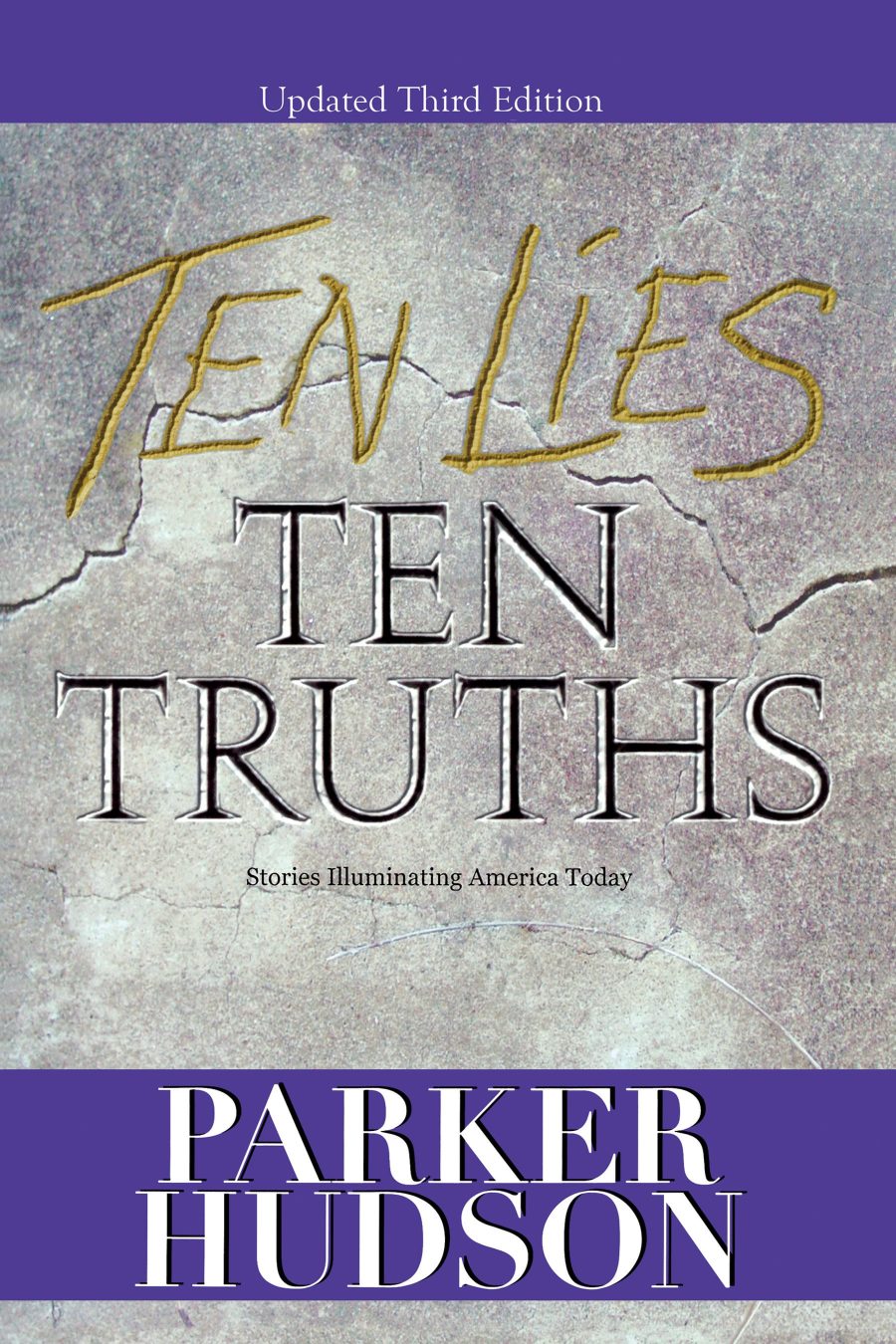
What if Trump is preparing for war and his decision isn’t based on economics at all?
Mark, I guess it could be, but I hope not. If that were truly the consideration, I can think of a lot of other steps that we should be taking before a tariff on steel and aluminum. Like rebuilding the people skills in our depleted military. And our aging equipment, aircraft and ships. Not to mention cyber issues and high tech capabilities, largely stolen and copied by our enemies. Fixing all of which will take several years and a lot of focus. So, yes, a possibility, but then it’s even worse than I imagined.
Parker – My point is the decision was more than likely, part economic, part military/national defense, part political, etc., etc., etc. We have such limited knowledge and perspective compared to our political leaders that it’s difficult to say if Trump made the right decision or not. Also, following the efficient use of capital theory is not always best…except for investors and owners. It is rare that investors and owners pay for retraining and job placement for their laid off employees when they make the decision to send production, etc. overseas. The financial stress, etc. of job displacement can lead to depression, alcoholism, drug abuse, family violence, suicide, etc. I know this because I lost a friend a few years ago and financial stress from losing a job was one of the causal factors. We now live in a country that’s lost its manufacturing base, where local retailers work in Walmart stores and where you have to be either rich or poor to send your kids to college. The middle class don’t qualify for enough financial aid and the rich don’t need it. Tuition, room and board at Mercer University (and many, many others) is over $50k this year! And, these colleges and universities are encouraging students to take on debt just to get out of undergraduate. That just adds to the huge student loan bubble and debacle. To me, that’s perverse. I see all of this as a member of the middle class. Scripture is clear that if we chase after money and wealth (worship mammon) we will be destroyed (lose our souls)…individually and collectively. We are reaping what we’ve sown and, unfortunately, I don’t see any real end in sight apart from divine intervention. I pray for Trump and his administration to seek direction from God and for God to give it to them. I don’t know if they do or not, but I pray for it nonetheless.
Parker, Did we explore the implications of point 2 in possible benefits (Change behavior) enough? Since Trump has exempted certain countries already, he seems to be using the tariff as a bargaining tool to create “fair” trade practices. I agree this could be circulular if we were negotiating with equal partners, but I believe that every other country wants to trade with us immensely and they will adjust their trade practices to do so.
Neal, it certainly could be a negotiating tool. If so, it comes at a high price in terms of constantly changing the story, losing senior advisers, and potentially creating unintended consequences which then cannot be controlled. And there is that story about the shepherd boy who cried “Wolf!” one too many times, so that eventually no one believed him, even when he was telling the truth.